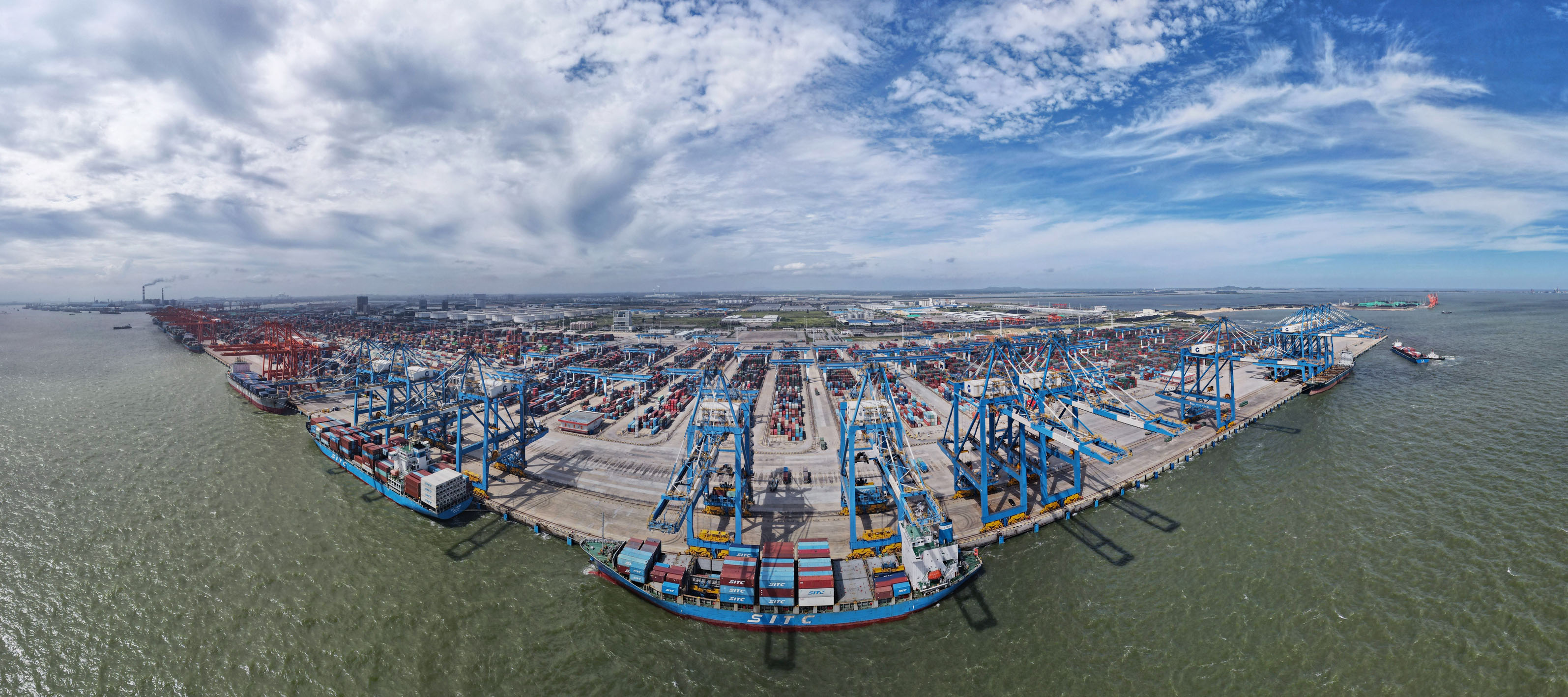Nomura's Su Bowen: The global economy still demonstrates remarkable resilience

Su Bowen, Head of Global Macro Research and Co-Head of Global Market Research at Nomura
This year, despite the surge in US tariffs, geopolitical frictions, and increasing fiscal pressures, the global economy has demonstrated remarkable resilience. This resilience is primarily attributed to the revolutionary transformation brought about by artificial intelligence, the flexibility of enterprises in adjusting their foreign trade directions, the moderate easing of monetary and fiscal policies, and the overall relaxed financial environment.
However, beneath the surface, economic inequality is becoming increasingly prominent, with low-income households and small businesses struggling to make ends meet. Looking ahead to 2026, given the likelihood of these factors persisting, policymakers will face a daunting task in maintaining the smooth operation of the world economy.
In the United States, fiscal dominance is likely to intensify as the midterm elections approach, which increases the risk of inflation persistently exceeding the target level.
Germany's large fiscal expansion should start to become an important driver of eurozone growth, but other countries such as France and the UK have no fiscal room to manoeuvre and could face rising government bond yields if they continue to expand their budget deficits.
In Asia, inflation is likely to remain historically low. Despite maintaining growth in the first three quarters of this year, China still faces some potential challenges and needs to address the issue of weak domestic demand. The Bank of Japan may continue to buck the global trend and further raise interest rates. India, as the fastest-growing emerging market economy, is expected to continue its outstanding performance.



